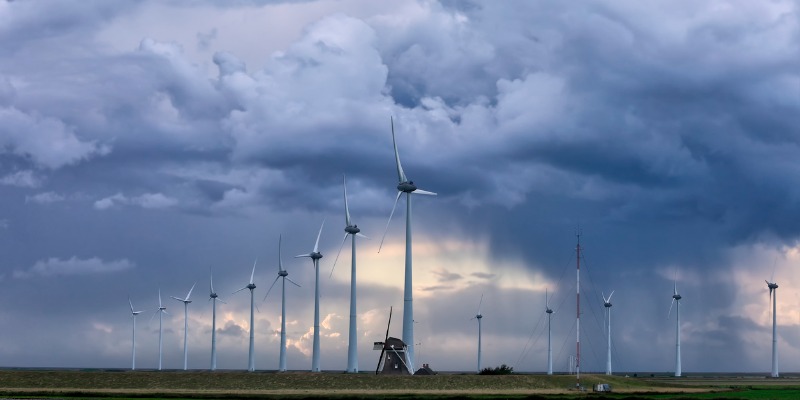Ottawa should learn from energy pain in California and Texas

South of the border, U.S. states that have embraced renewable energy such as wind and solar are struggling to keep the power up and running. Canadians should take heed, as the Trudeau government wants to achieve “net-zero” electricity—where the production of conventional power sources such as natural gas is constrained to favour renewables—by 2035.
In the United States, federal and state governments have spent billions to increase renewable energy production, quadrupling the share of solar and wind electricity in the last decade. By 2021, renewables reached 33.6 per cent of electricity production in California while in Texas wind and solar recently overtook coal as the second-largest source of electricity.
The transition away from traditional energy sources to renewables in both of these massive states, however, has coincided with a marked deterioration in their electric systems. The number of interruptions in California’s power supply increased from 12 reported failures in 2012 to 42 in 2021. Texas went from 12 reported failures to 91 during the same time period. California narrowly avoided massive blackouts this past summer and calls for energy conservation are becoming more common in Texas.
Why are Texas and California experiencing power failures?
Simply put, greater reliance on “intermittent” power sources such as wind and solar require adequate back-up from other sources of energy including natural gas. Why? Because the wind does not always blow enough to generate wind power and the sun does not always shine enough to animate solar panels. The problem is that many states, including California and Texas, have not invested sufficiently in these back-up sources of power, reducing the reliability of energy.
In 2021, the Texas winter was unusually cold and fuelled a surge in electricity demand to heat homes and businesses. But wind turbines were frozen, halving the wind-energy generation and leaving the state with insufficient power to meet electricity demand. Similarly, in the unusually hot summer of 2022 when many Texans demanded electricity for air conditioning, wind power declined to just 2 per cent of its capacity due to the lack of wind. The Electric Reliability Council of Texas—which operates Texas's electrical grid—recently called for more conservation as an unexpectedly cloudy weather period blocked direct sunlight from solar panels, reducing their capacity to produce power. In other words, renewable energy is susceptible to fluctuating weather patterns and is therefore not always available.
At the same time, Texas and California have slowed the growth of conventional energy such as gas-fired plants and in some cases actually scuttled capacity altogether. In Texas, natural gas production slowed from an average growth of 9.1 per cent between 2017 and 2020 to 5.7 per cent in 2021, mainly due to a lack of infrastructure in the Permian Basin, a major oil and natural gas producing part of the region. Moreover, a lack of new investment in additional transmission lines and related infrastructure prevents Texas from importing electricity from other states or even Canada when needed.
Similarly, in recent years the state government in California has rejected a record number of permits for fracking, decreasing the production of natural gas from 236 billion cubic feet in 2015—the year California first allowed fracking—to 140 billion cubic feet in 2021, a reduced production of 40.6 per cent. California also shut down the San Onofre nuclear power plant and plans to shutter the Diablo Canyon nuclear plant and other natural gas plants that power the electric grid, which will result in more frequent power outages in the state in coming years.
This is why Canada should take notice. Renewables are not always available and no amount of subsidies or mandates can prevent still air or cloudy weather. When governments increase renewables while not investing in additional back-up—or worse, actually reducing back-up capacity—they threaten to undermine a foundational element of any functioning economy: reliable and consistent energy.
Authors:
Subscribe to the Fraser Institute
Get the latest news from the Fraser Institute on the latest research studies, news and events.


